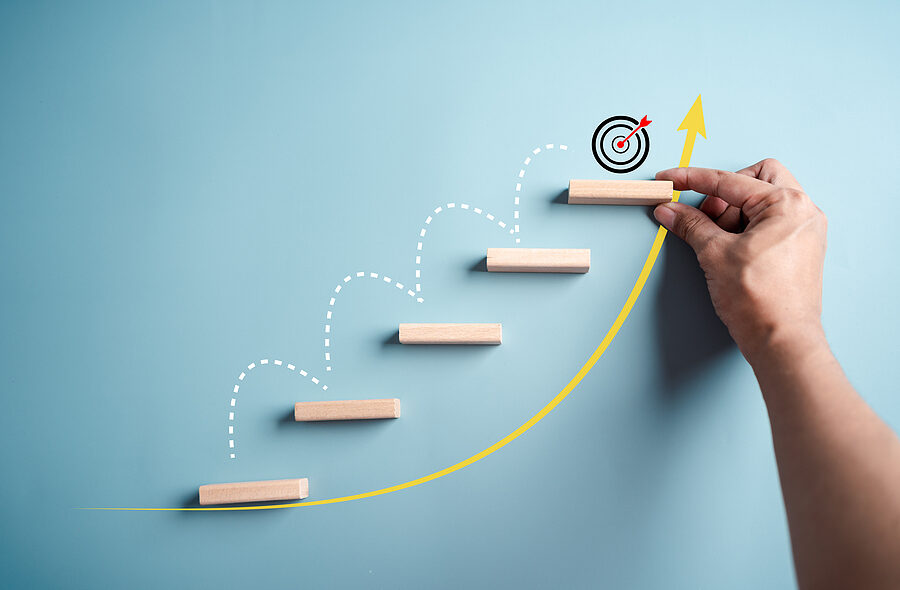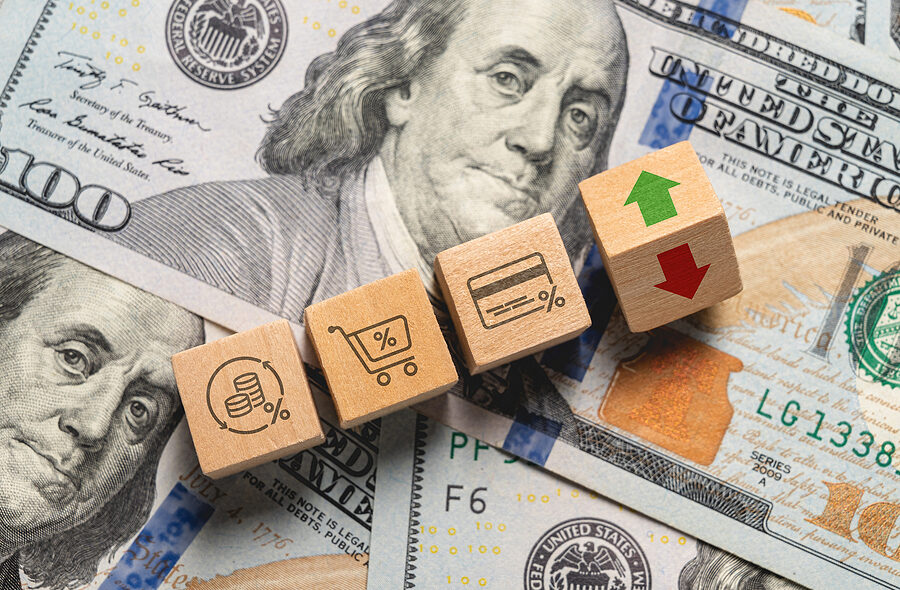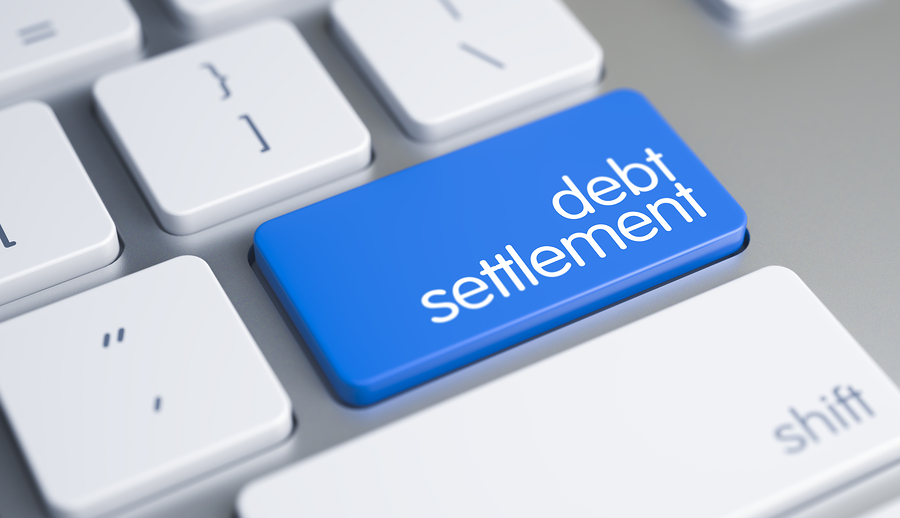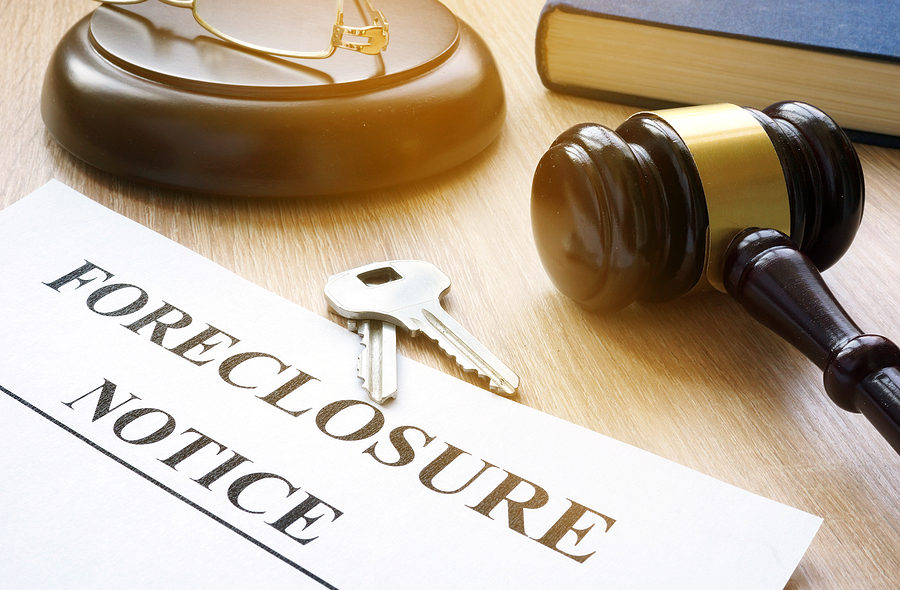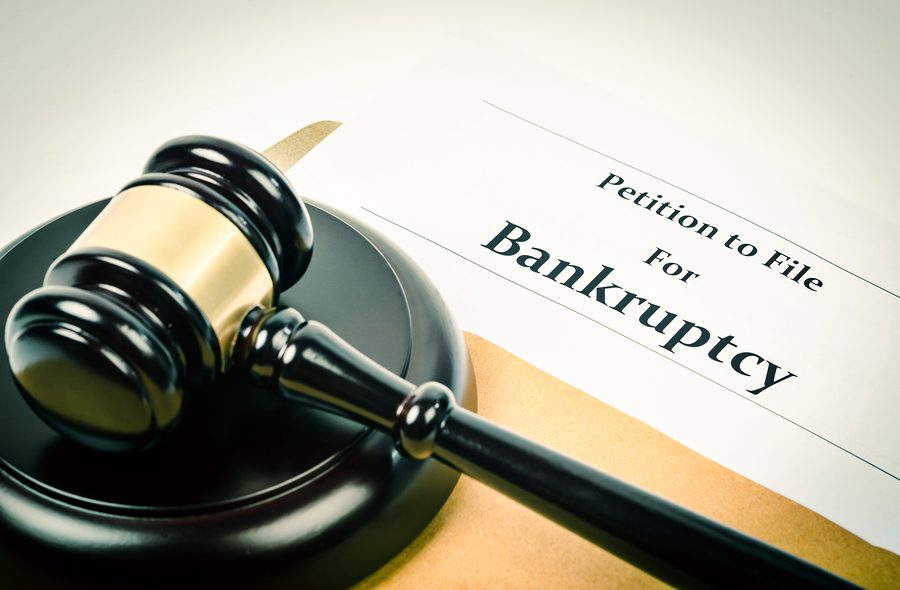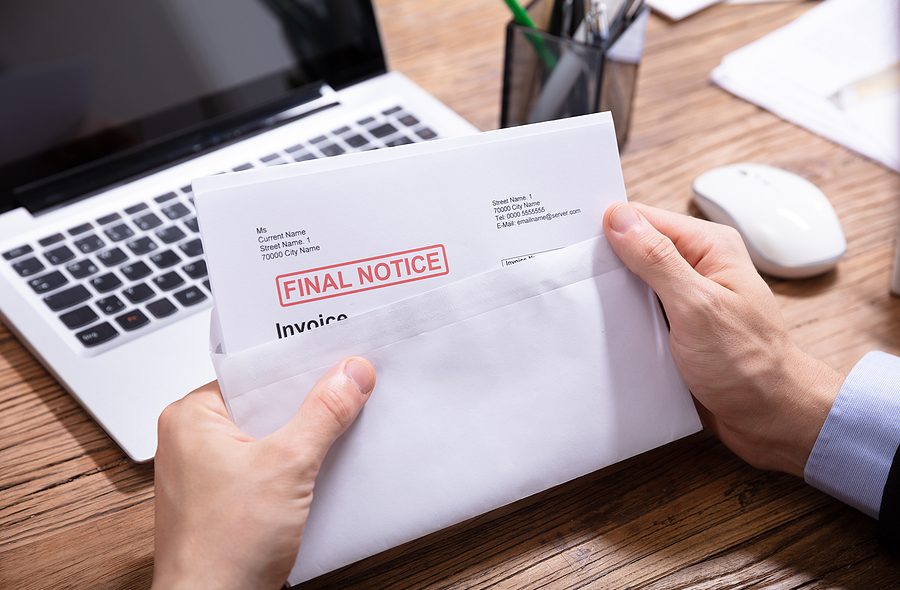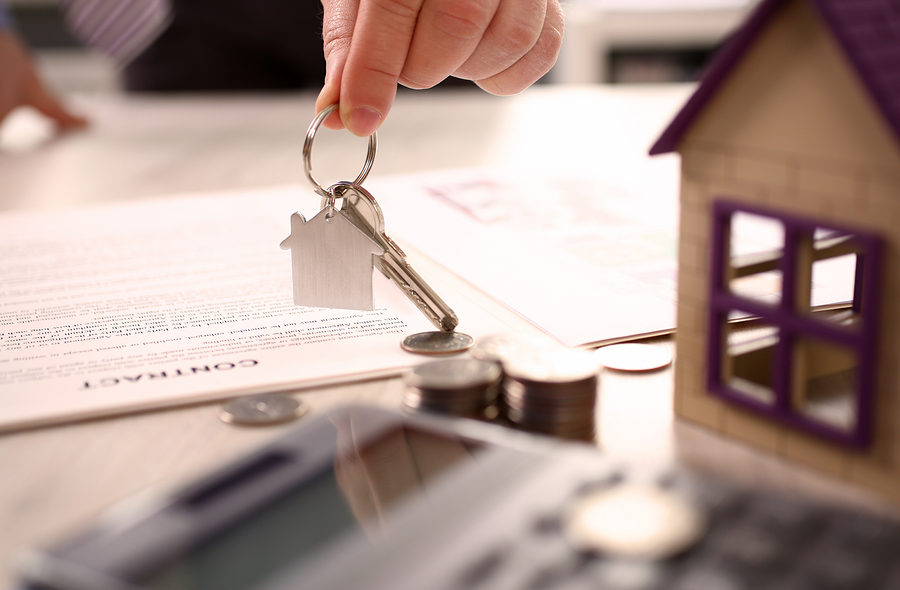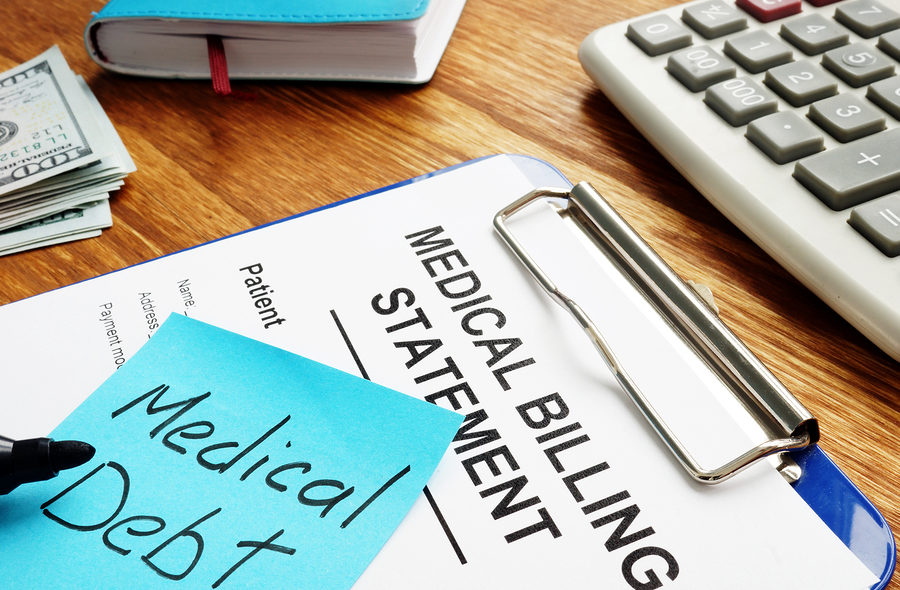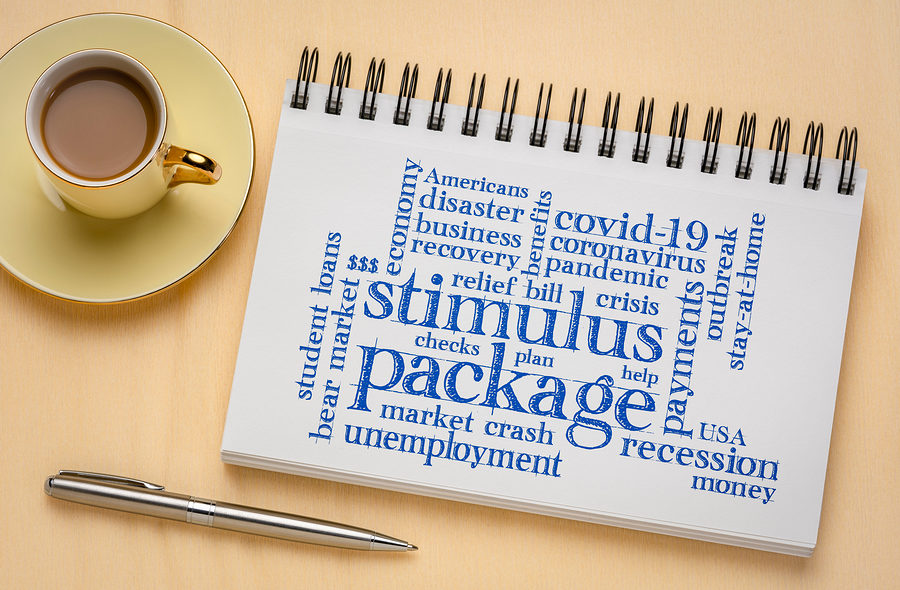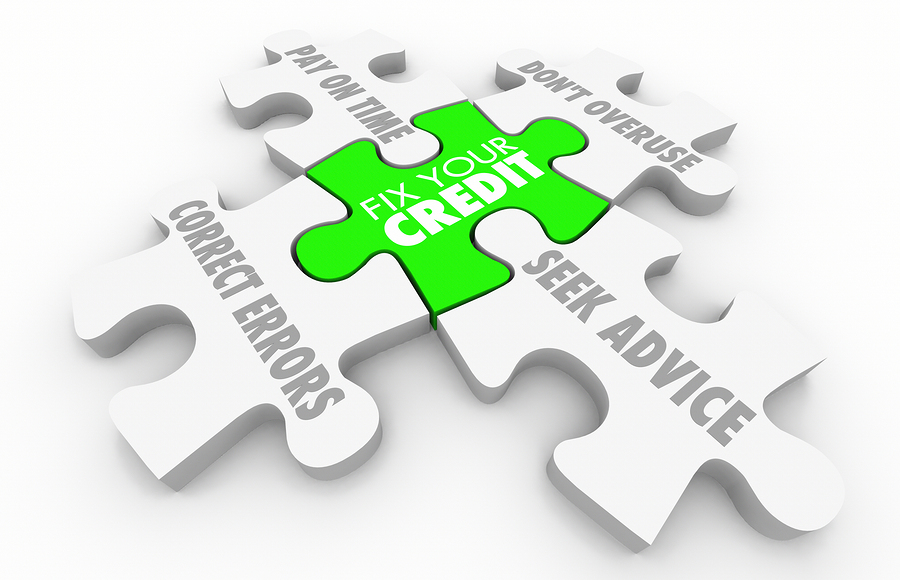Bankruptcy provides a financial fresh start for consumers seeking its help. But what does life look like after bankruptcy?
According to a study by LendingTree, 65 percent of people who filed for bankruptcy, had a credit score of 640 or higher in two years. The following tips can help you bounce back quickly after bankruptcy.
One recommendation is to keep all bankruptcy paperwork from the case. It is possible this information will be needed again in the future if the consumer wishes to apply for a mortgage, loan or other financing. This paperwork should include the petition and submitted schedules, proof of income, any correspondence from the court and bankruptcy trustee, and the final bankruptcy discharge.

